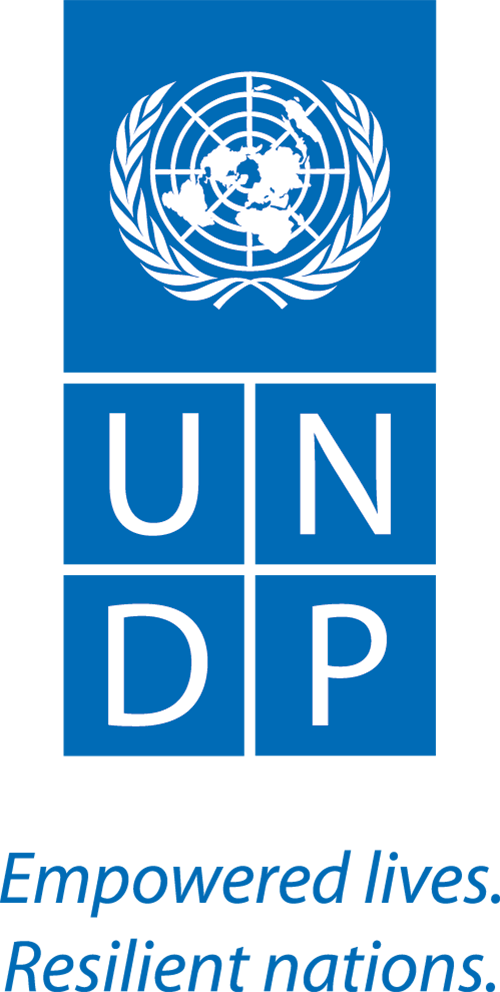Tuvalu Coastal Adaptation Project (TCAP)
Protecting the small island nation of Tuvalu from the impact of rising sea level and increasing cyclone events that threaten the country’s viability.
Tuvalu is the fourth smallest nation in the world, comprising nine inhabited islands with a population of 10,640. With an average elevation of only 1.83m. It is one of the most vulnerable countries in the world to the impacts of climate change. The combination of two manifestations of climate change – continually intensifying cyclone events and sea level rise – threaten to have dire impacts on Tuvalu. In 2015 Cyclone Pam displaced 45% of the population.
The project will build coastal resilience in three of Tuvalu’s nine inhabited islands, managing coastal inundation risks. 2,780m of high-value vulnerable coastline will be protected, reducing the impact of increasingly intensive wave action on key infrastructure. The investments will build upon existing initiatives, using a range of measures for coastal protection including eco-system initiatives, beach nourishment, concrete and rock revetments, and sea walls. National capacity for resilient coastal management will also be developed, and the project will help to catalyse additional coastal adaptation finance from other donors.
Learn more about the project in the TCAP website.
The project has an estimated lifespan of 40 years.
Project timeline
Pipeline
04 Oct 2015 • 271 days
Funding proposal received
04 Oct 2015
Approved
30 Jun 2016 • 343 days
Approved by GCF Board
30 Jun 2016
Cleared by iTAP
30 Jun 2016
Legal opinion on AE's Internal Approval
27 Sep 2016
FAA executed
31 May 2017
Under implementation
07 Jun 2017 • 2,892 days so far
FAA effective
07 Jun 2017
Disbursement - USD 2,013,841
30 Jun 2017
Annual Performance Report
23 Mar 2018
Annual Performance Report
01 Mar 2019
Disbursement - USD 4,693,133
14 May 2019
Disbursement - USD 652,190
01 Mar 2021
Disbursement - USD 7,496,358
04 Apr 2022
Disbursement - USD 12,825,653
08 Aug 2022
Disbursement - USD 7,144,098
24 Oct 2023
Disbursement - USD 1,184,727
12 Dec 2024
To be completed
07 Dec 2025 • 214 days to go
One region
- Asia-Pacific
One country
Two priority groups
- Least Developed Countries
- Small Island Developing States
-
Financing
- Private sector
- Public sector
-
Size
- Micro
- Small
- Medium
- Large
GCF financing100% disbursed
| Instrument | Amount |
|---|---|
| Grant | USD 36,010,000 |
| Total GCF Financing |
|---|
| USD 36,010,000 |
Co-financing
| Co-financer | Instrument | Amount |
|---|---|---|
| Co-Financing | Grant | USD 2,860,000 |
| Total Co-Financing |
|---|
| USD 2,860,000 |
GCF Contacts
General media inquiries
GCF CommunicationsSend e-mail
Request for information
GCF Information DisclosureRequest information about this project
Project complaints and grievances
GCF Independent Redress Mechanism (IRM)Phone +82 32 458 6186 (KST)
File a complaint
Integrity issues
GCF Independent Integrity Unity (IIU)Phone +82 32 458 6714 (KST)
Send e-mail
Entity

United Nations Development Programme
Executive Coordinator, ad interim (A.I)
304 East 45th Street, FF-9th Floor, New York, United States
Principal Advisor Environmental Law and Policy
304 East 45th Street, FF-9th Floor, New York, United States
More contacts
National Designated Authority
Ministry of Home Affairs, Climate Change, and Environment
Minister for Home Affairs, Climate Change, and Environment
Director for Climate Change
Vaiaku, Funafuti, Tuvalu
Documents
Pages
News + Stories

Tuvalu: Gathering the data to climate-proof coastal infrastructure investments
30 Nov 2021 / The Tuvalu Coastal Adaptation Project (TCAP) is helping the Pacific atoll nation of Tuvalu to develop a long-term coastal adaptation strategy. This Green Climate Fund project, implemented by UNDP, is using airborne LIDAR, a state-of-the-art airplane-mounted technology, to collect precise information on land surface height and seafloor depth. The data will help model future climate-impact scenarios, allowing better planning of coastal infrastructure investments to protect vulnerable communities.